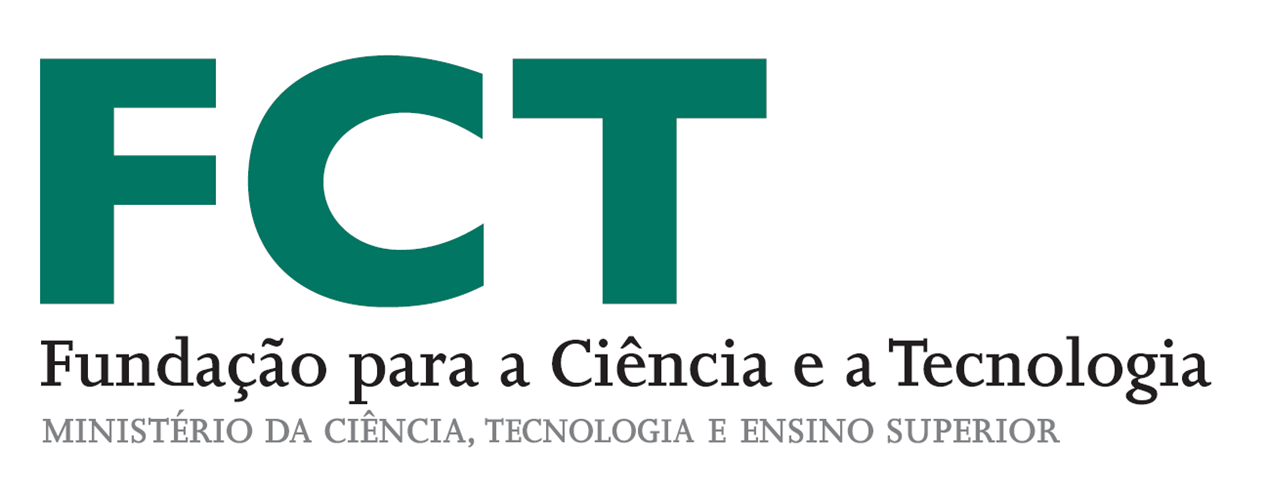Deadline extension until 13 January 2020 – Call for articles – Journal Configurações n. 26/ 2020
Deadline extension until 13 January 2020 – Call for articles – Journal Configurações
Journal Configurações n. 26/ 2020
Special Issue: Economy and Society: politics, practices, agents and institutions
Coordinators: Rodrigo da Costa Dominguez (CICS – University of Minho); Lisbeth Rodrigues (CSG-ISEG – University of Lisbon); Jari Eloranta (University of Helsínki); Jeremy Land (Georgia State University).
The economic orientation or the concept of “economic action” (Wirtschaften) introduced by Max Weber in his essays on the sociology of economics addresses the issue of satisfying desires for “utilities” (Nutzleistungen) as an exercise of an actor’s control over a certain resource. This resource is, originally, driven and directed towards economic ends. Following this common thread, “… the definition of ‘economic action’ must be further manifested in such a way as to include the operation of a modern business enterprise run for profit”, and all economic processes and objects are characterized by the meaning they have for human action in playing such roles as ends, means, obstacles, and by-products. In this context, the basic concepts that economics and economic history use to analyze society, such as the ideas pertaining to growth, prosperity, development and globalization and/or expansion/interconnection are essentially modern, distinguished by the transformation from the 14th to the 16th centuries.
Trying to think about it in an (inter) multidisciplinary way, the aim of this volume is to bring together studies that create interdisciplinary pathways between economic history, sociology, and economics, following the theoretical set of Max Weber’s classic work “Economy and Society”. This is also the path taken by many economic historians in recent years, both with its themes as well as its present and future challenges, and the views of the place of social sciences within the perspective of Western capitalist development. What they have in common is the idea that the substantial scientific-technological advances and the progress of the medical and other fields of sciences served as building blocks of development, via political action that resulted in the construction of public policies of investment in science, knowledge, and technology. Without losing sight of the current issues, such as the trade wars and competition in global scale, the agenda of sustainable development and preservation of natural resources, the applied social sciences (economics), as well as the humanities (sociology and history, especially economic history), are fundamental in the perception of the various and different contexts related to the states’ actions and economic agendas. In addition, they also play a fundamental role in understanding the proposals, whether radical or moderate, to foster development and to protect domestic economic institutions and dynamics, both nationally and regionally, within their respective trade blocs and agreements that unite them.
We welcome articles that contribute in an original way to the scientific debate on economics, economic history and social sciences, based on multiple interdisciplinary, theoretical, methodological and empirical approaches, which will provide the reader, through innovative and enriching visions, the improvement of their understanding in those topics, in particular on the following themes:
- a) trade as a historical and sociological object;
- b) the various forms of economic growth and development associated with the ideas of income and productivity in the various sectors of economic activity;
- c) Reverberations of the multiple forms of interconnectedness between public financing and private economic activities;
- d) The organization of credit, fiscal, and monetary systems as the basis of a process of cultural and institutional rationalization of societies;
- e) Social and economic aspects of the multiple approaches to the division of labor;
- f) The internal dynamics of the markets and the different levels of interaction between them.
Contributions must be sent to configuracoes_cics@ics.uminho.pt no later than December 1, 2019, in accordance with the rules available in the appendix and on the website.
Calendar
Deadline for article submission: December 1st, 2019
Referral of decision to the authors: April 1, 2020
Publication of the magazine: 30 December 2020
Guidelines for article submisson are available at: http://journals.openedition.org/configuracoes/7332




Comments are closed
Sorry, but you cannot leave a comment for this post.